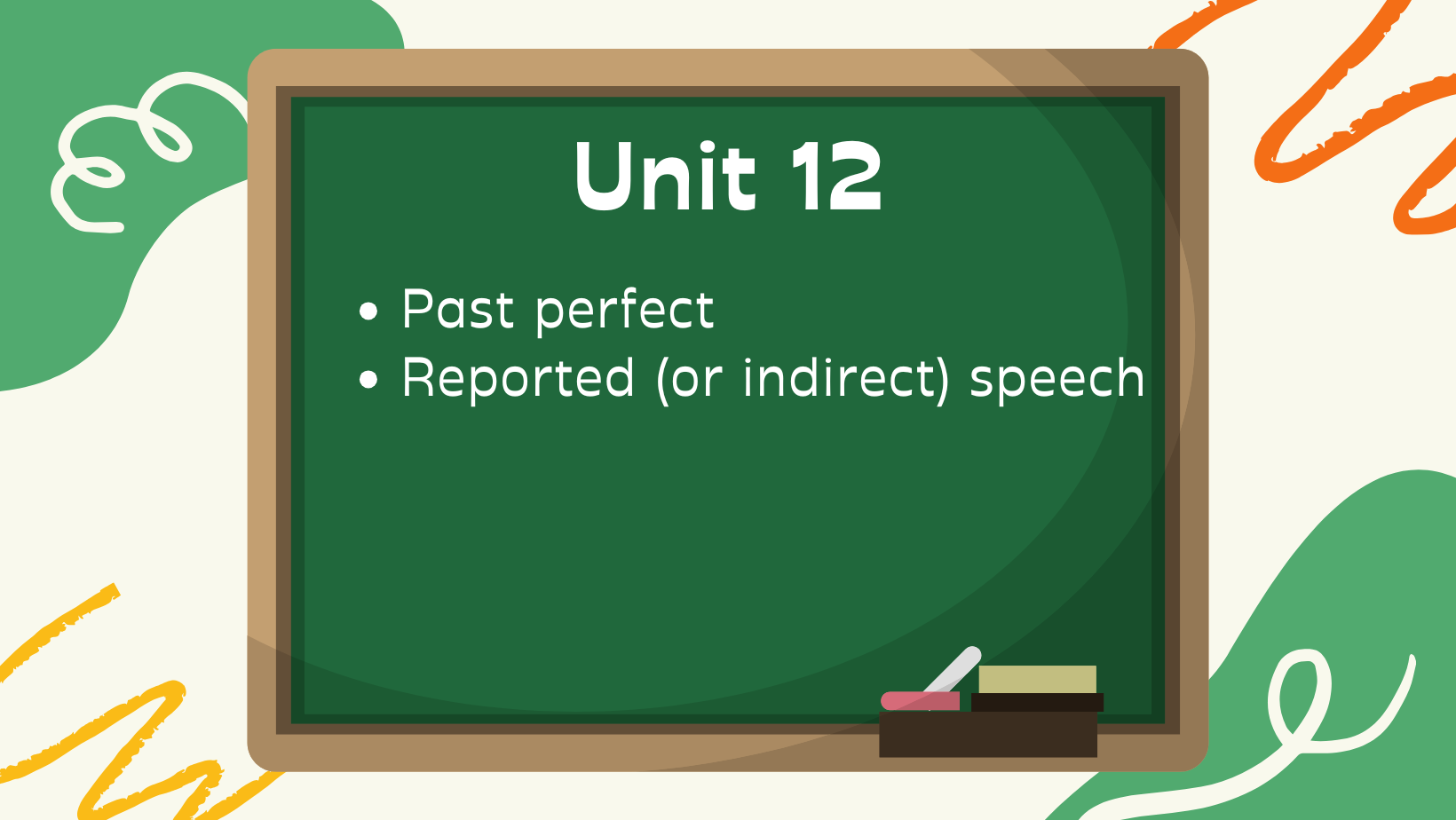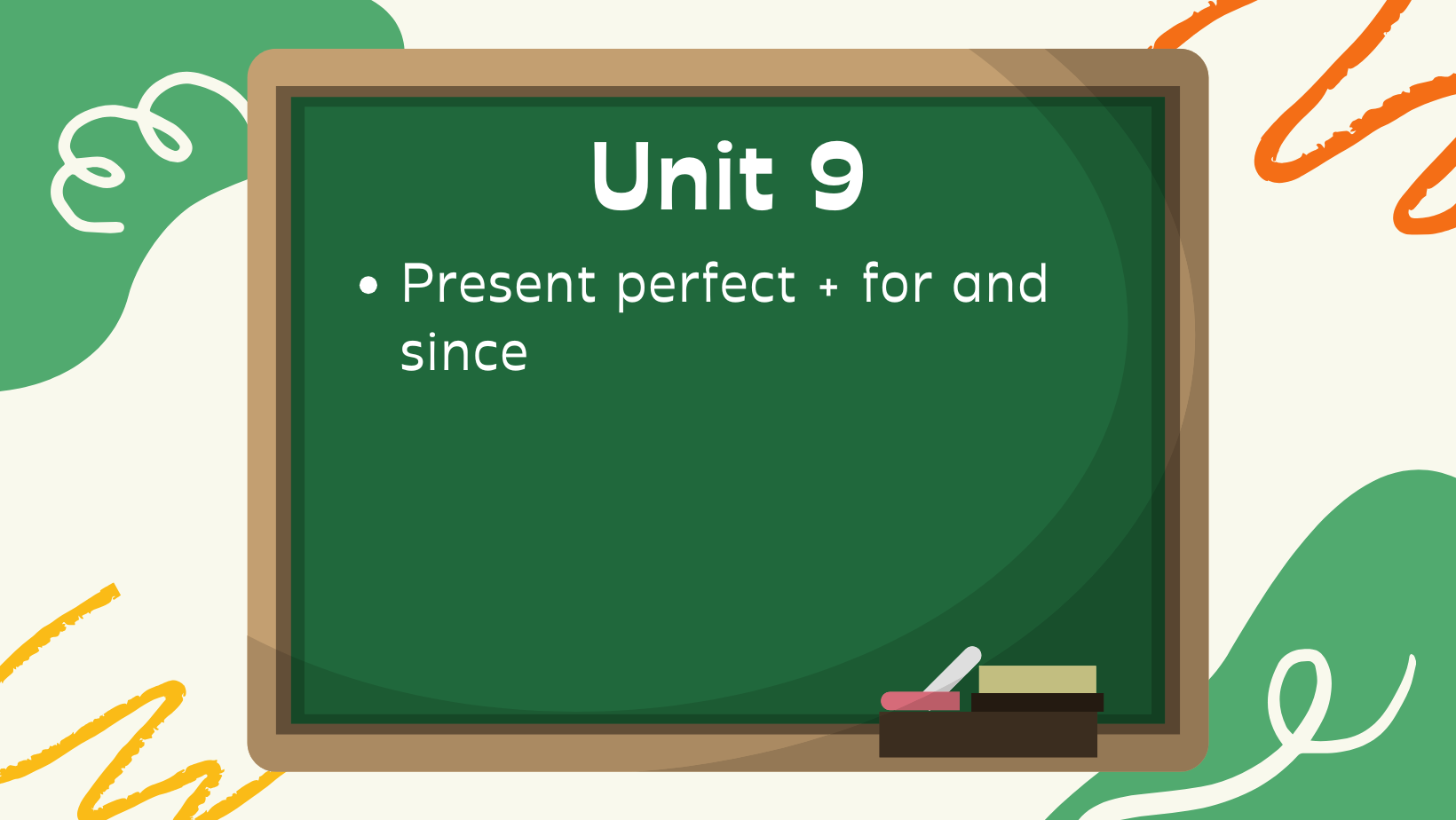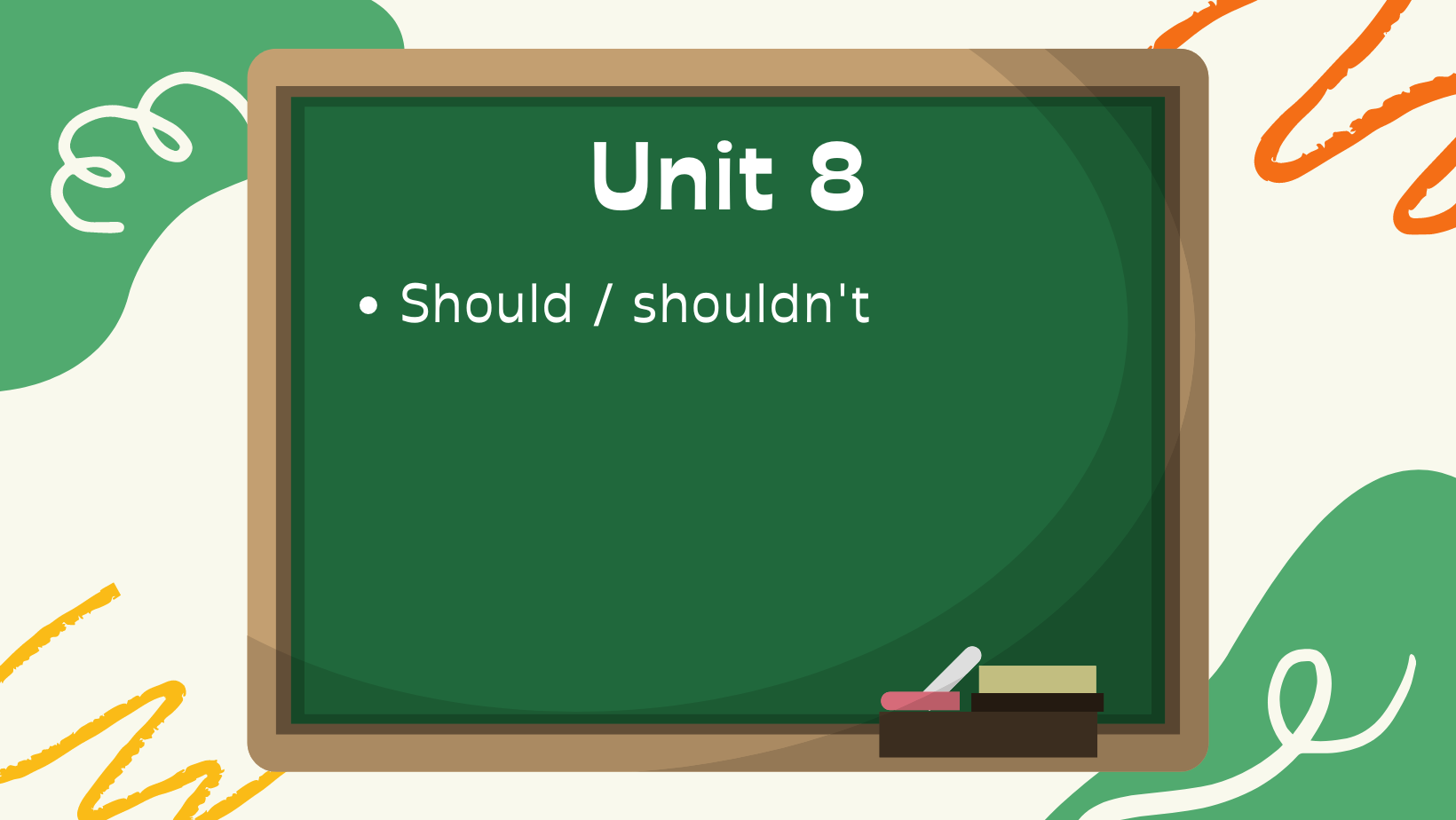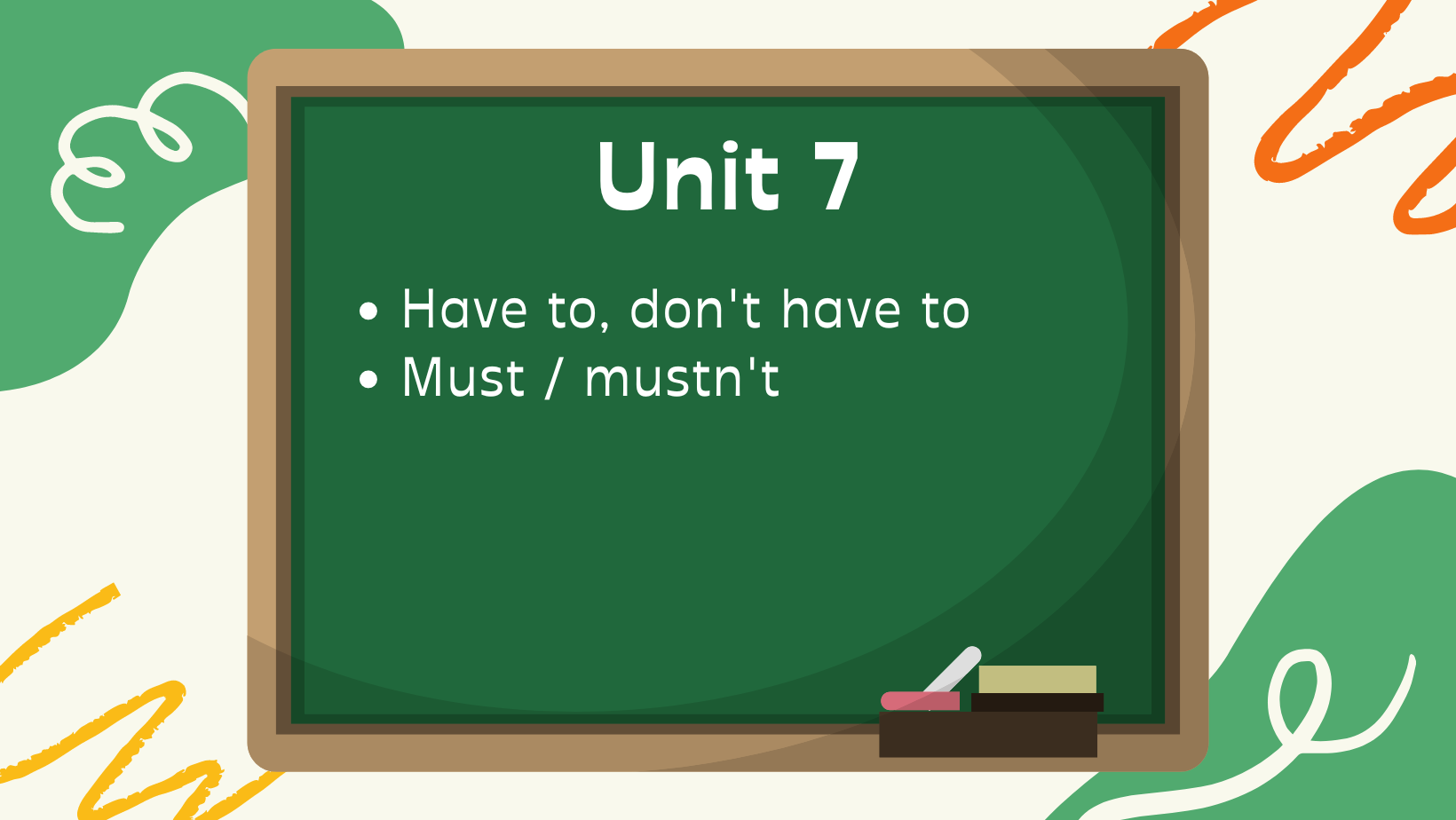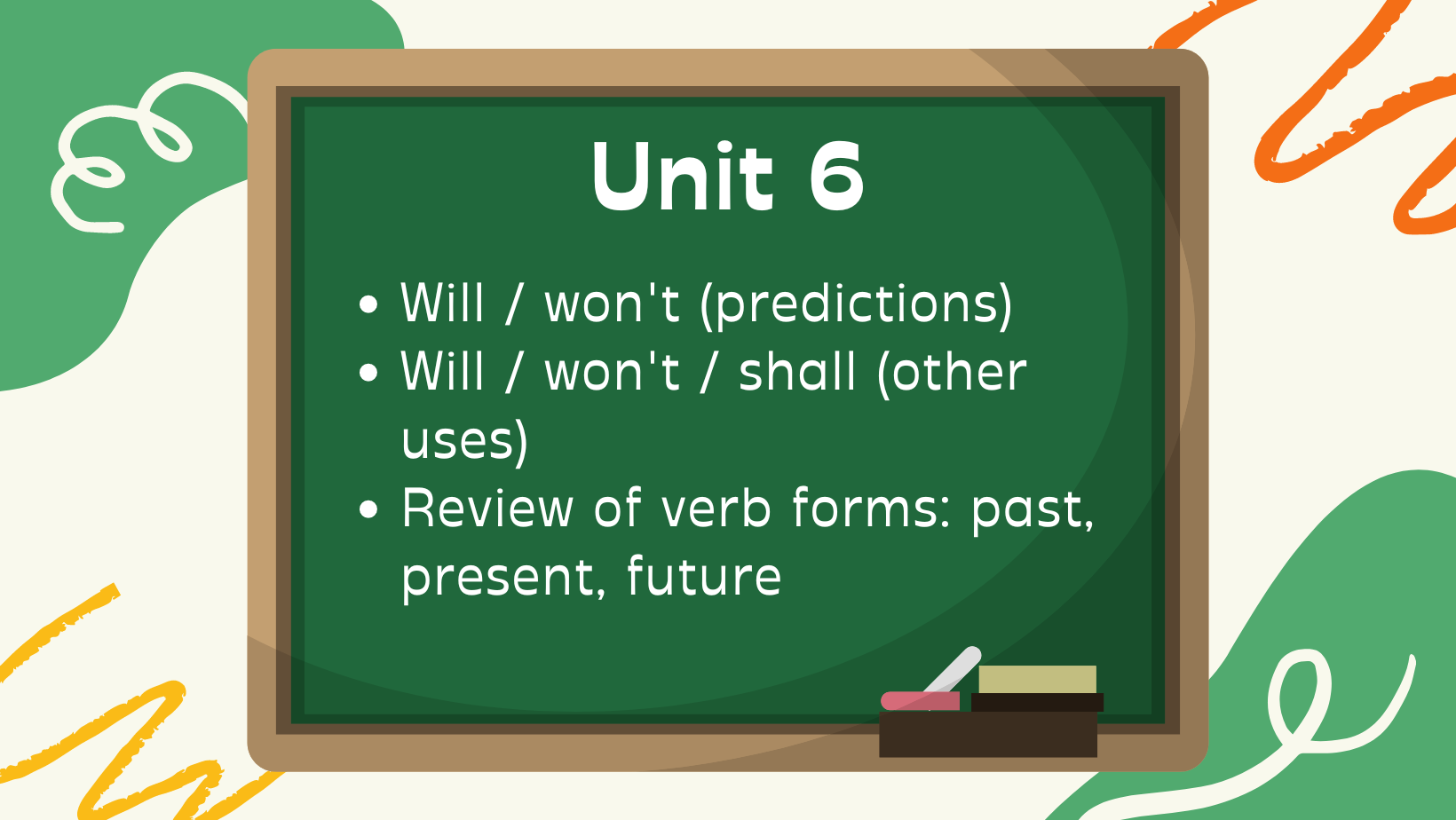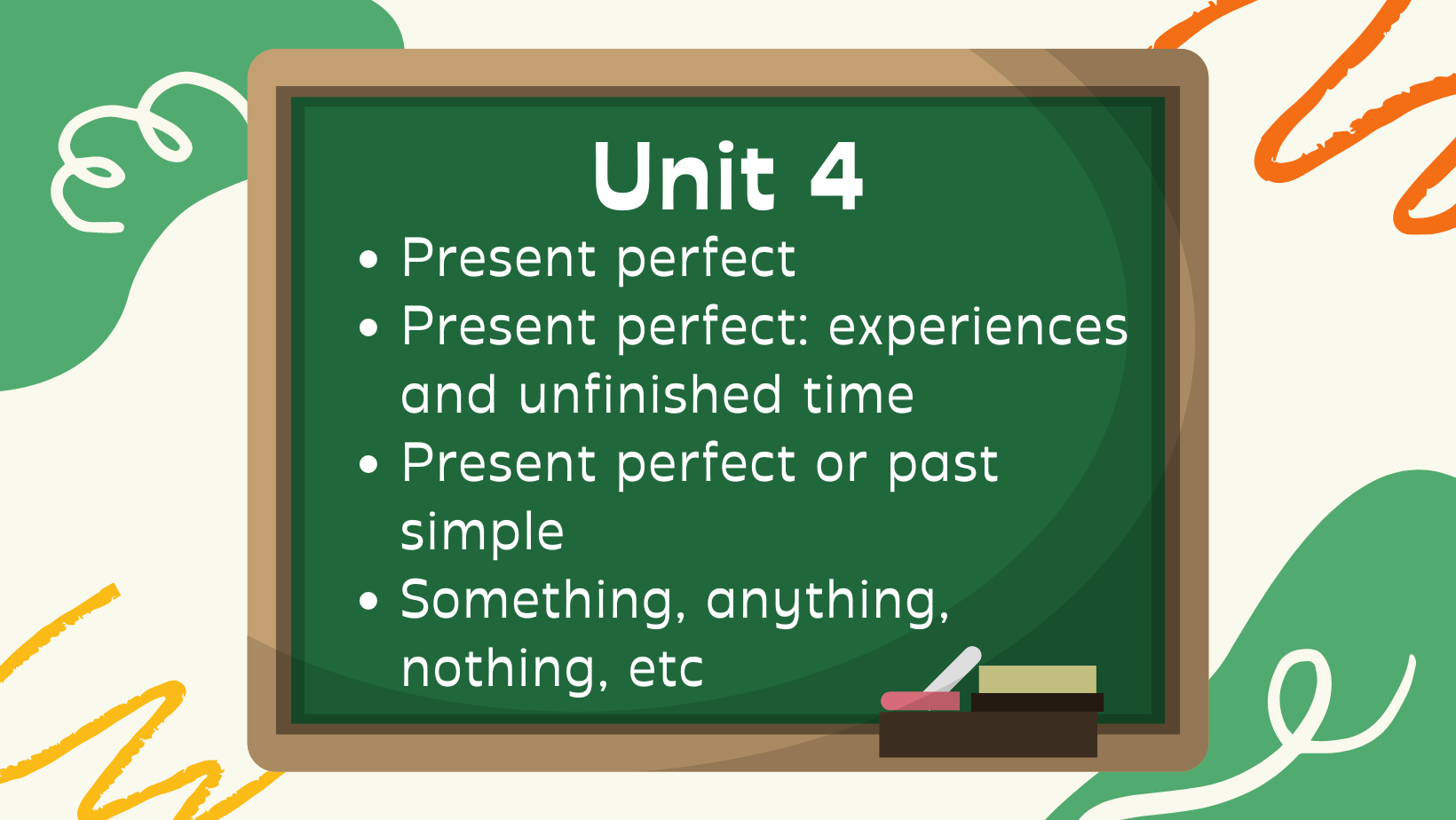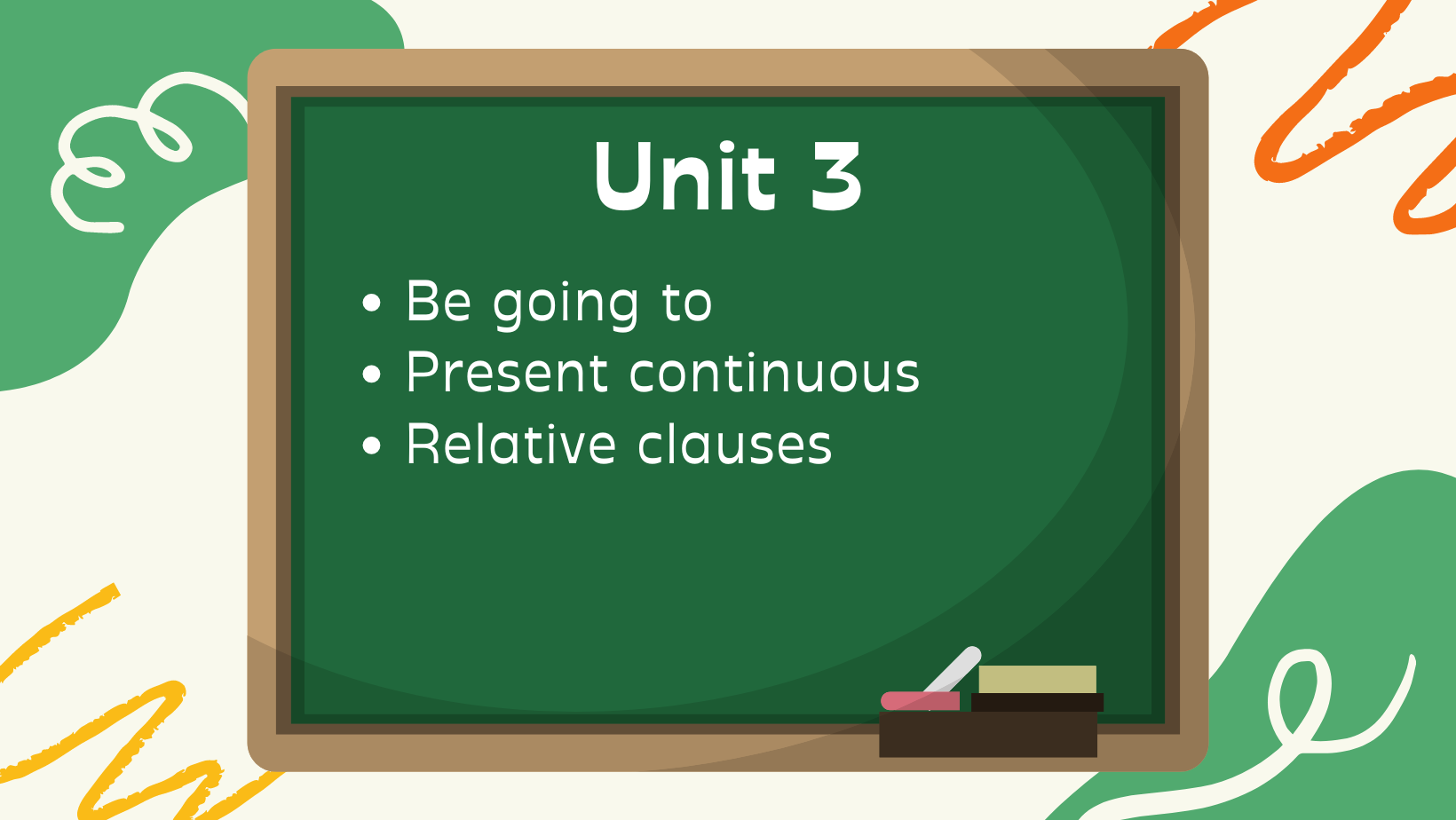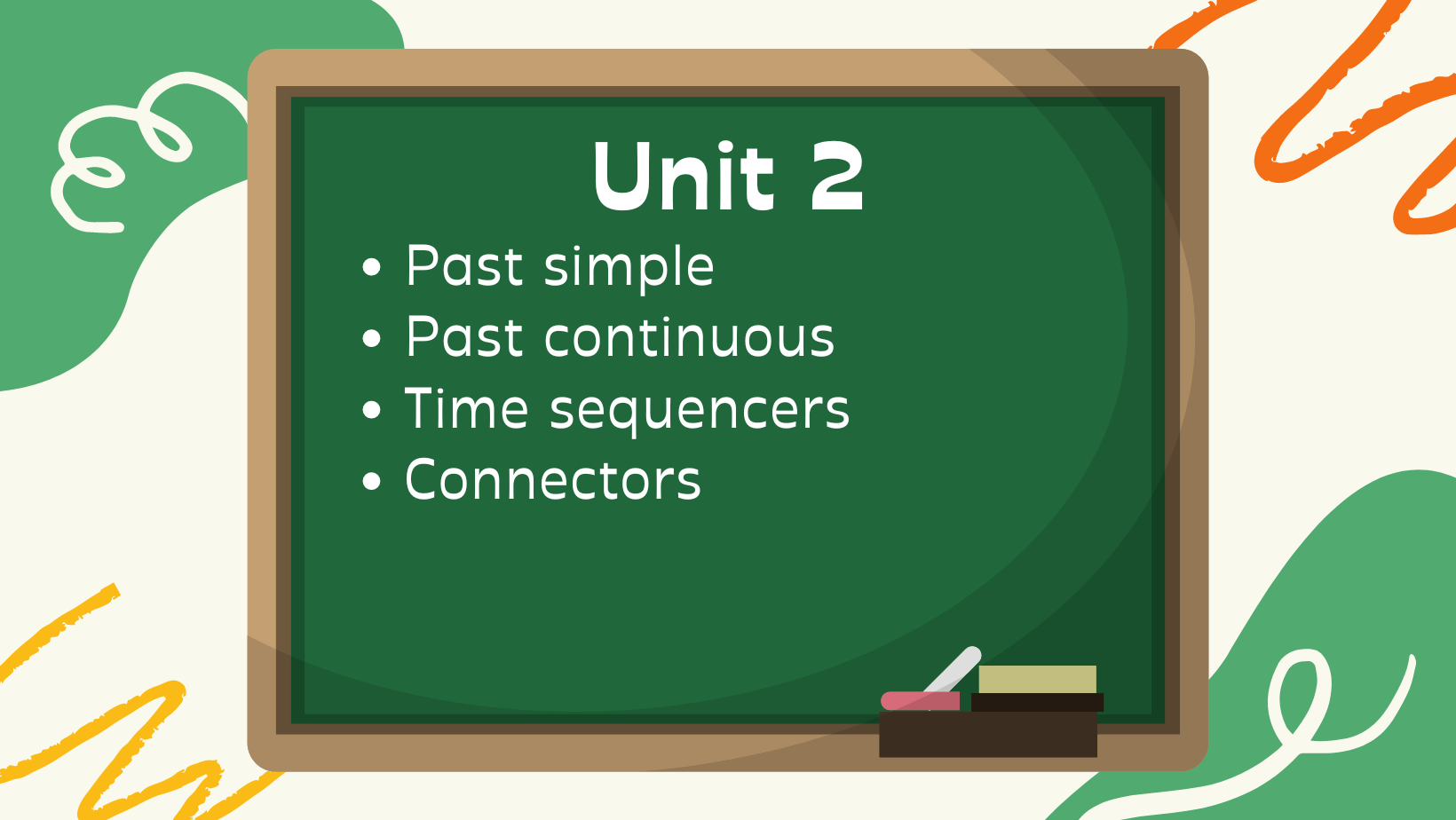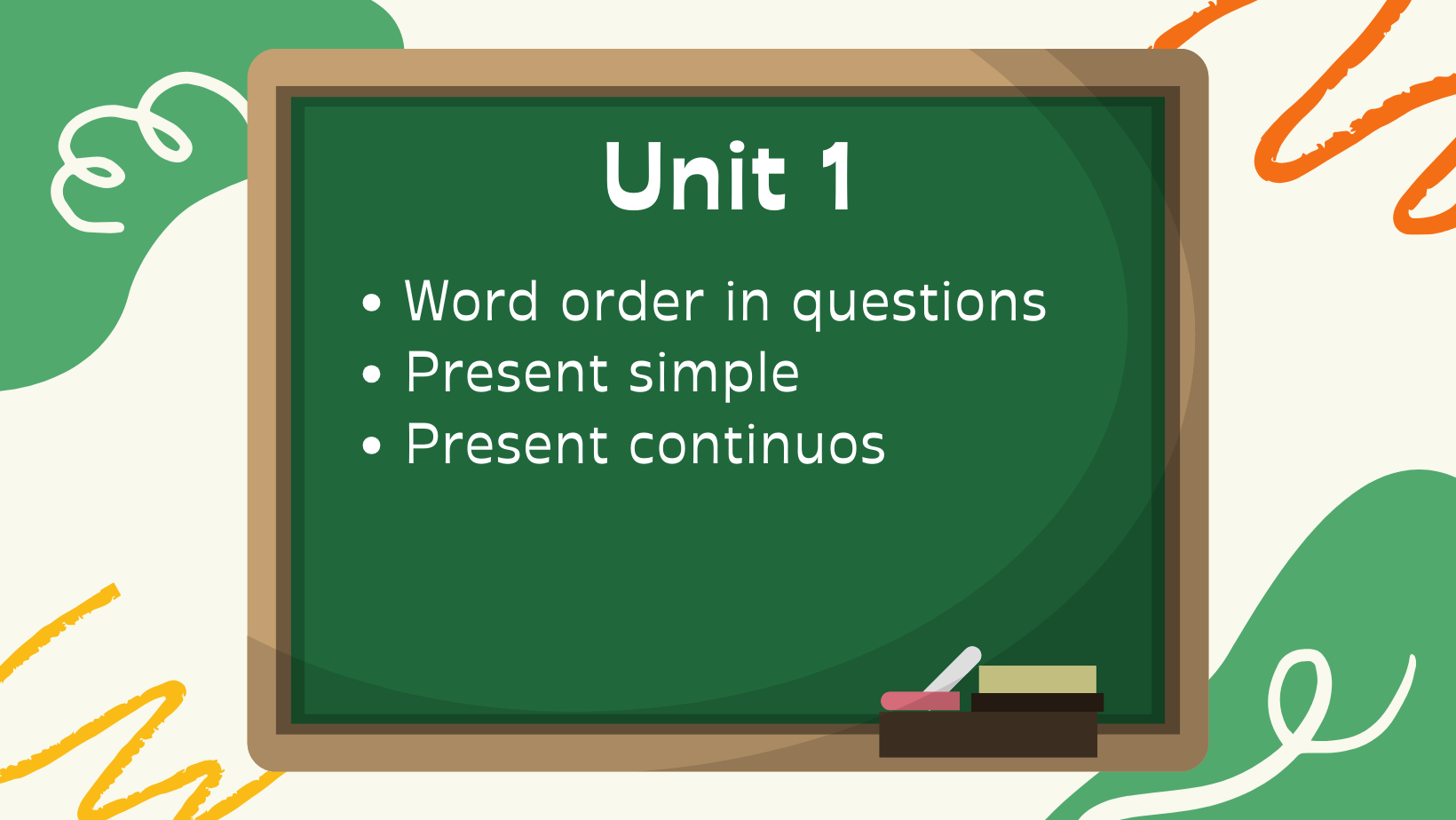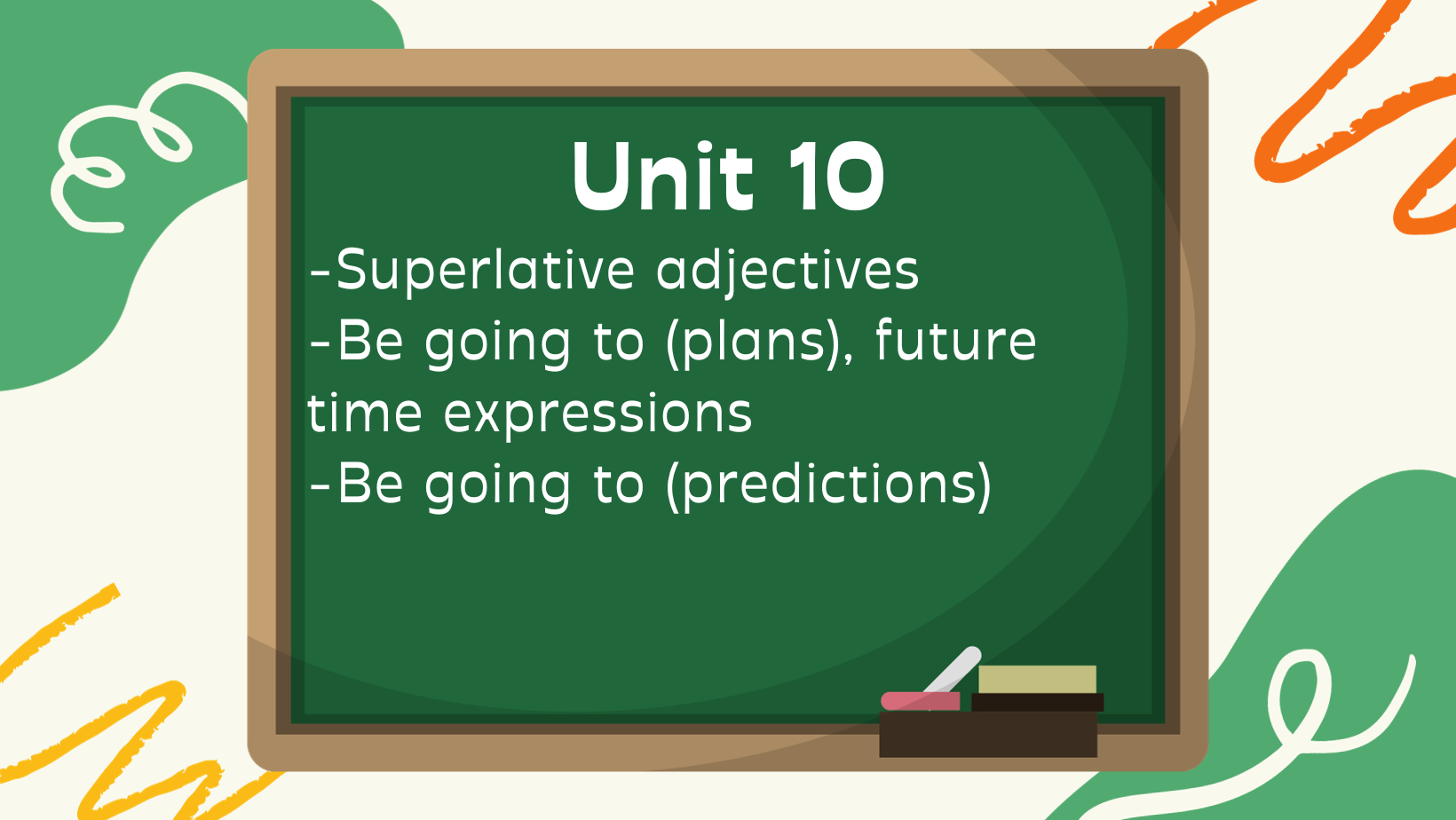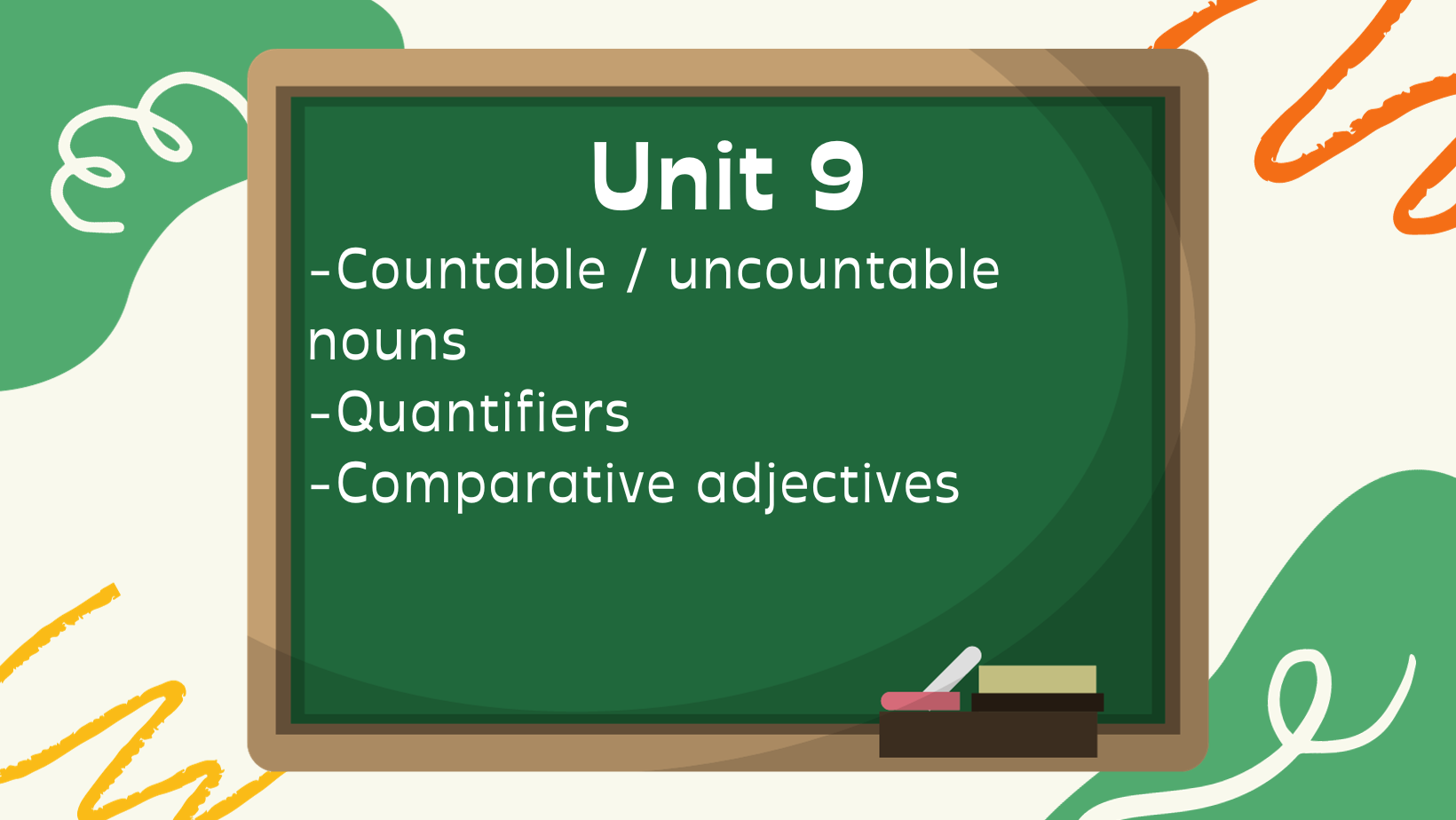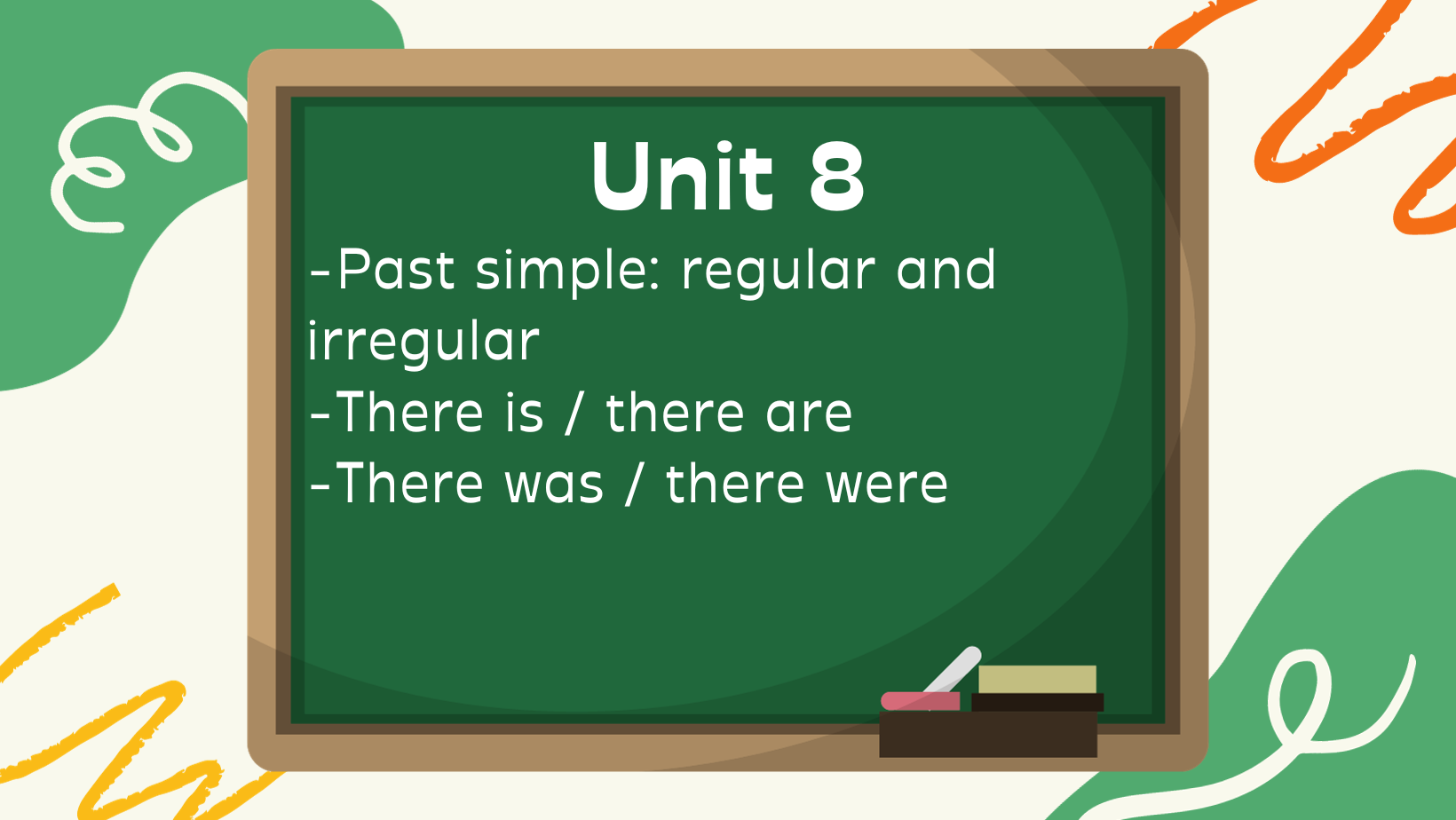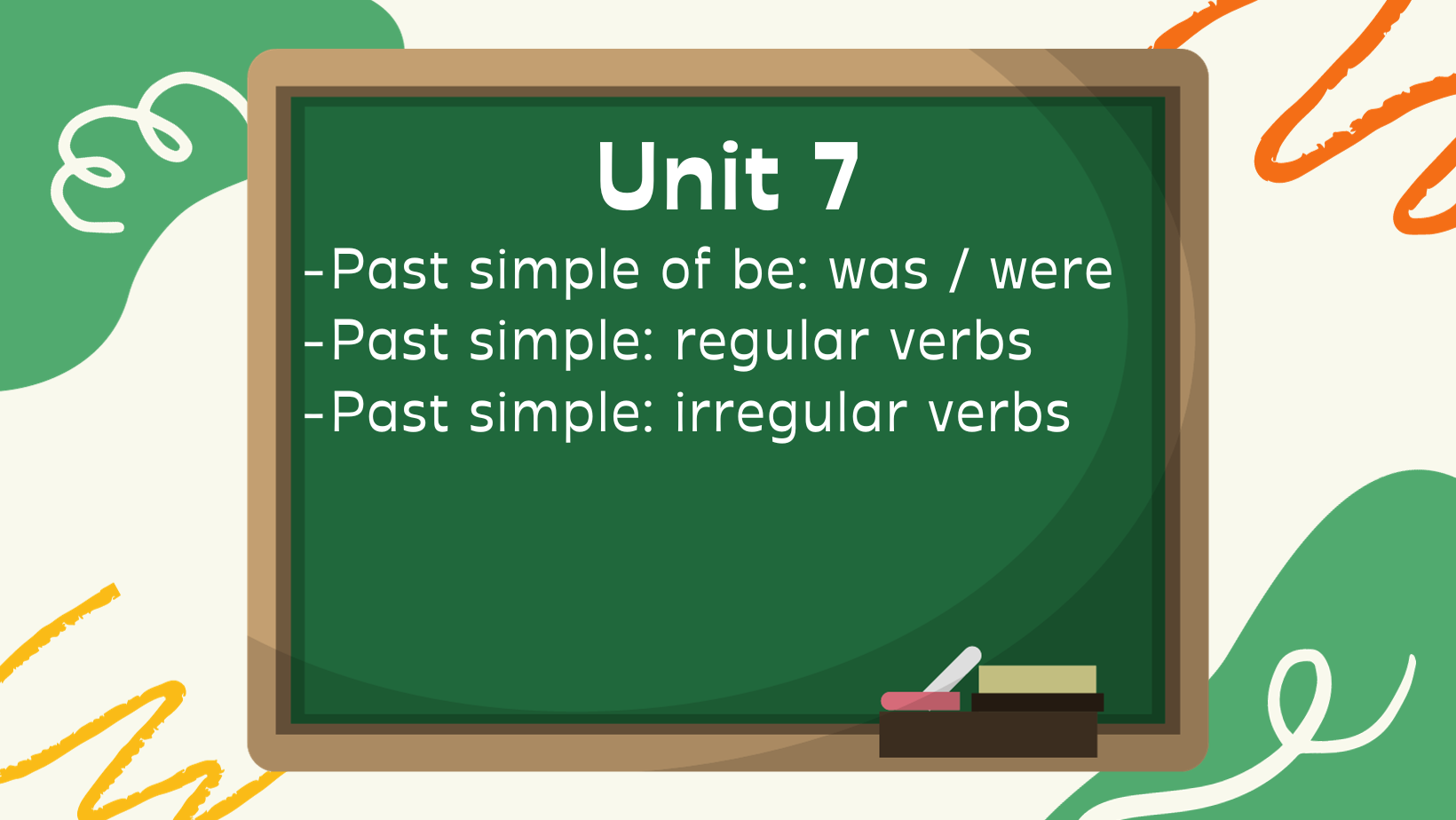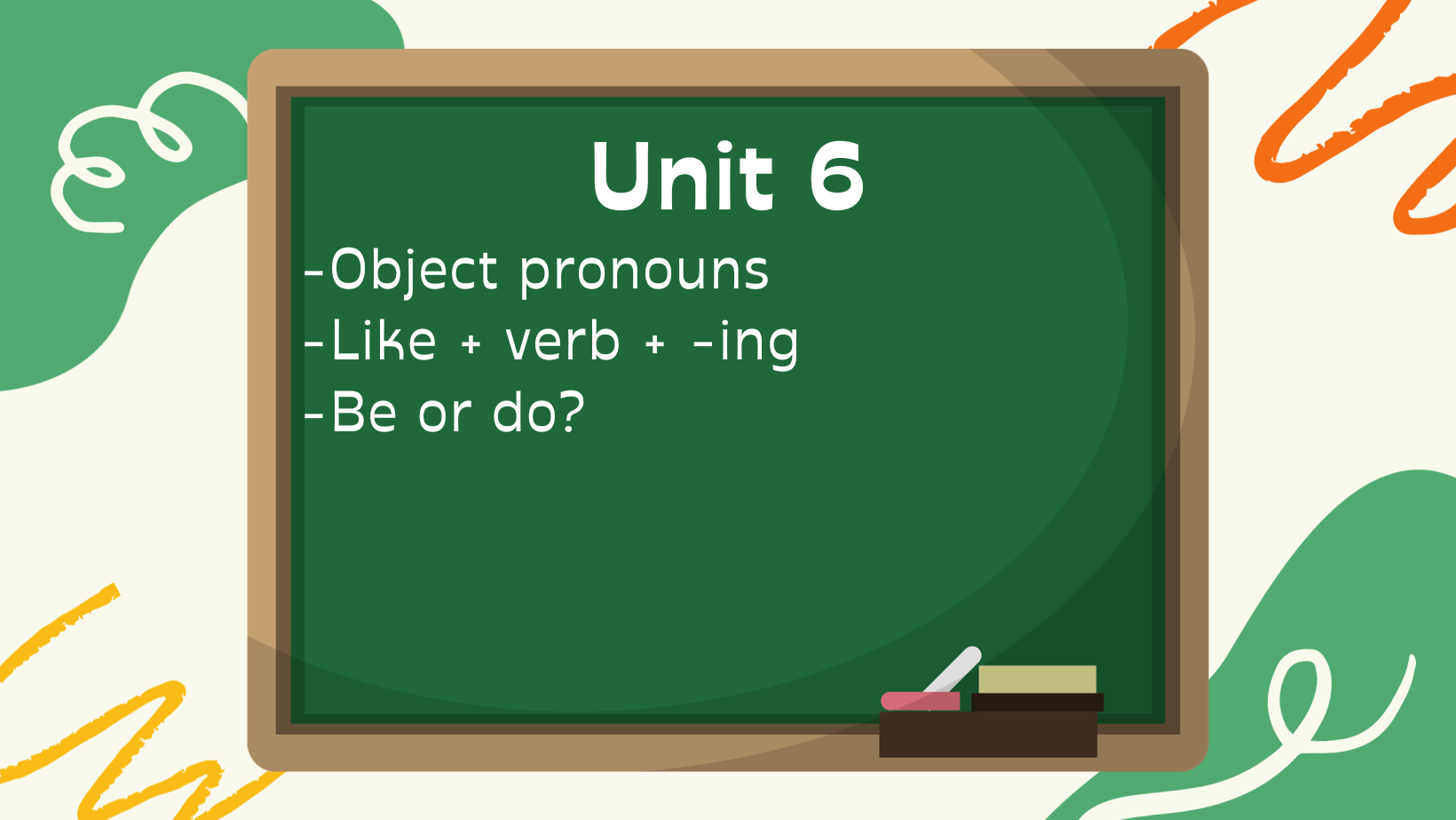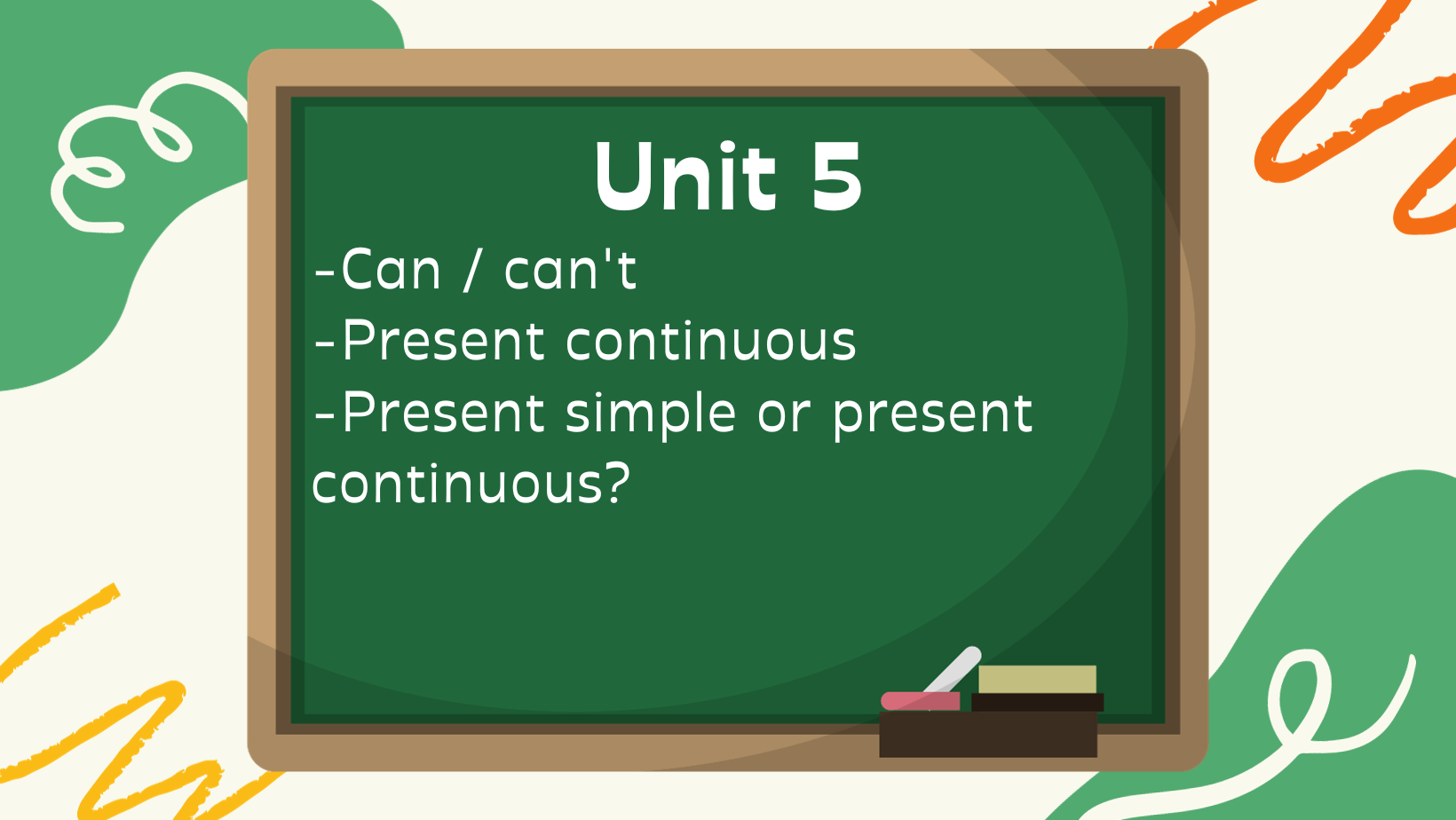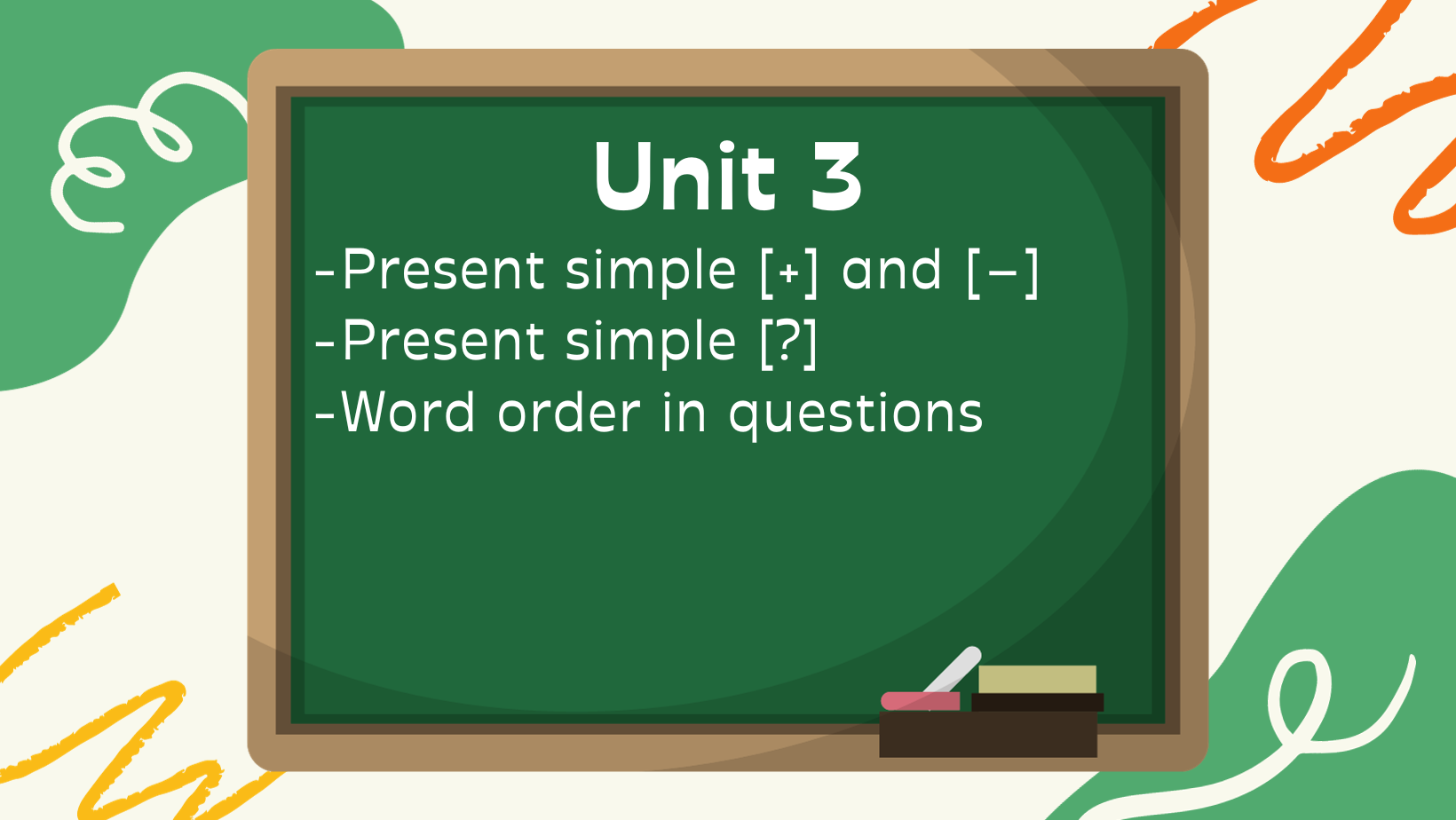Unit 4
Possessive 's, Whose ...?
EXAMPLES
- He's Brad Pitt's brother. It's James's laptop.
- It's my parents' car.
- 'Whose is this bag?' 'It's Maria's'.
- The end of the film is fantastic. I live in the city centre.
FORM
- We use a person + 's to talk about family and possessions.
He's Brad Pitt's brother. NOT He's the brother of Brad Pitt. - With regular plural nouns we put the ' after the s.
It's my parents' car. NOT It's my parent's car.- With irregular plural nouns, e.g. children, men, we use 's, e.g. the children's room, men's clothes.
- We use Whose ...? to ask about possession.
We can ask Whose is this bag? OR Whose bag is this?
We can answer It's Maria's bag. OR It's Maria's. - We don't usually use a thing + 's, e.g. the end of the class NOT the class's end, the city centre NOT the city's centre.
Prepositions of time (at, in, on)
EXAMPLES
| in | on | at |
|---|---|---|
| the morning | Monday (morning) | three o'clock |
| the afternoon | 1 January | midday / midnigh |
| the evening | lunchtime | |
| the summer | the weekend | |
| December | Christmas | |
| 2018 |
FORM
- We use in for parts of the day, seasons, months and years.
- We use on for days and dates.
- We use at for times of the day, night, the weekend and festivals.
Prepositions of place and movement
EXAMPLES
- He has lunch at work.
He works in an office. - He goes to work at 8.00.
FORM
- We use at and in for place.
- We use at + work, home, school, university.
- We use in + other places, e.g. a flat, an office, a room, etc.
- We can use in or at with some public places, e.g. a restaurant, the cinema, etc.
On Saturdays he usually has lunch in / at a restaurant.
- We use to for movement or direction.
She goes to the gym. NOT She goes at the gym.
We don't use to before home.
go home NOT go to home
Position of adverbs, expressions of frequency
EXAMPLES
- I always watch TV in the evening.
Do you usually sleep eight hours a day?
She sometimes does sport.
She doesn't often go to bed late. - They're hardly ever late.
He isn't often stressed.
Are you usually in this classroom? - I have English classes twice a week.
She doesn't work every day.
FORM
- We use adverbs and expressions of frequency to say how often you do
something.
'How often do you cook?' 'I cook every evening.'- Adverbs of frequency go before the main verb.
- In negative sentences, the adverb of frequency goes between don't / doesn't and the verb.
- Adverbs of frequency go after be in [+] and [–] sentences. In [?] with be the
adverb goes after the subject.
- We use a [+] verb with hardly ever and never.
He's never stressed. NOT He isn't never stressed.
- We use a [+] verb with hardly ever and never.
- Expressions of frequency usually go at the end of a sentence or verb phrase.
Lessons
